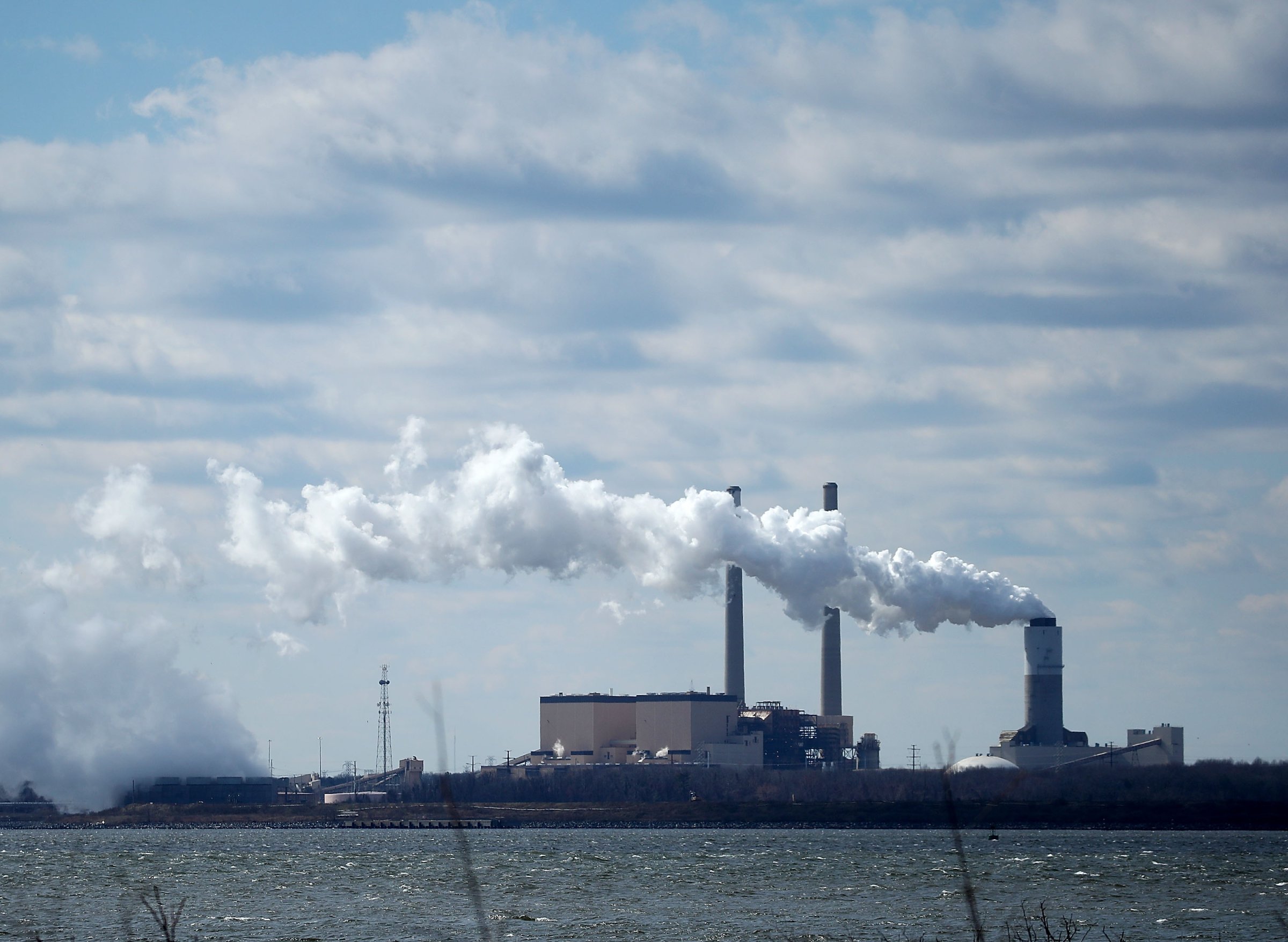
Emissions of the primary pollutant that causes climate change increased to a record high in 2017 after three years of flatlining, according to a new report from the International Energy Agency.
Renewable deployment grew faster than other fuel, but the rapid investment in generation from clean energy sources like wind and solar was not enough to meet the massive demand that resulted from rapid global economic growth. Instead, energy users turned to fossil fuels to meet 70% of new demand.
Fatih Birol, who heads the IEA, said in a press release that the findings signal that current measure to fight climate change remain “far from sufficient.” The IEA projected earlier this month that oil demand will continue to grow in the coming years even as countries continue to push emissions reductions and energy efficiency policies.
Not all countries contributed equally to the rise in emissions. China and India alone contributed more than 40% of the increase in emissions while the United Kingdom, Mexico and Japan all experienced a decline in emissions. The U.S. saw the biggest decline with emissions dropping by 0.5% as renewables continue to grow.
Developed countries such as the U.S. have proven in recent years that economic growth can continue without increasing carbon emissions — refuting a critique long floated by opponents of renewable energy. But developing countries such as India have yet to round the same corner even as they commit to clean energy investments.
Past analysis has suggested that the world will need to peak its emissions by around 2020 to maintain any hope of meeting the Paris Agreement’s goal of keeping temperatures from rising more than 2°C (3.6°F) by 2100 with an ideal target of keeping temperature rise below 1.5°C (2.7°F).
The chances of meeting that goal have dimmed significantly since countries agreed to the global deal in 2015. President Trump has vowed to remove the U.S. from the Paris Agreement while other countries have lagged on their efforts to meet their commitments under the deal.
“We are far from the 1.5 degrees if we look at the commitments that have been put on the table,” Patricia Espinosa, executive secretary of the United Nations Framework Convention on Climate Change (UNFCCC), told TIME earlier this month. But “there is a lot happening, a lot more than anticipated.”
More Must-Reads from TIME
- How Donald Trump Won
- The Best Inventions of 2024
- Why Sleep Is the Key to Living Longer
- Robert Zemeckis Just Wants to Move You
- How to Break 8 Toxic Communication Habits
- Nicola Coughlan Bet on Herself—And Won
- Why Vinegar Is So Good for You
- Meet TIME's Newest Class of Next Generation Leaders
Write to Justin Worland at justin.worland@time.com